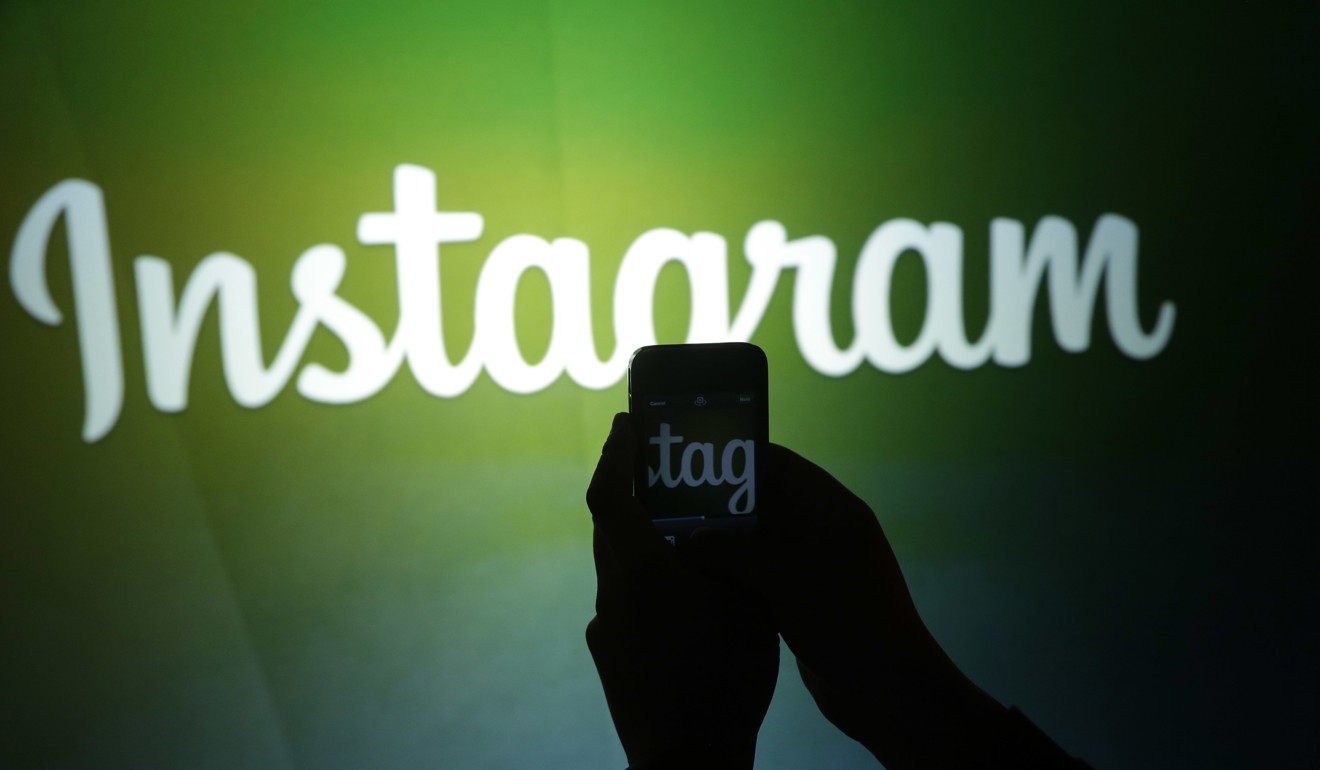
Cyberstalking victim calls for end of online anonymity and faster access to online data for law enforcers
- Ex-girlfriend of victim was imprisoned after months of harassment from several social media accounts, rape accusations and faking her own kidnapping
A man who was the target of a prolonged campaign of cyberstalking by his ex-girlfriend that ended in her faking her own kidnap has called on social media companies to do more to prevent their platforms being weaponised.
Jessica Nordquist was imprisoned for a campaign that involved making false rape claims, sending scores of messages and creating various Instagram accounts to harass Mark Weeks, who said he was still receiving letters he believed were coming from prison.

Described by police as a compulsive liar and deeply manipulative, Nordquist began her stalking campaign when her three-month relationship with Weeks ended. They met while working at an advertising firm in London. Besides bombarding him with threatening emails, she bought a fake pregnancy belly to try to win him back and accused him of rape.
Her behaviour led to an attempt to fake her kidnapping when an email was sent to her family, friends and colleagues containing pictures of her naked, bound and gagged. Police found a kidnap note at her London home before she was tracked down to the Scottish Highlands.
The US national, who claimed in court she had been abducted by an MI5 agent, faces deportation at the end of a four-and-a-half-year sentence.
In an ideal world the law would change so police would have direct access to the information they need
Weeks, who stopped using social media, said he was struck by the number of accounts she could set up without any apparent barrier to stop her.
“I imagine that there could be more efforts to ensure that someone would have to prove they are a real person,” he said. “There are times with social media platforms where they will ask you to send a photo of your driving licence or other forms of identification. Maybe that could be built on.”
He praised the police, but said investigators should have quicker access to data.
“There was a lot of unwanted communications, but there was a lead time of several weeks before it was possible to get a trace. In an ideal world the law would change so police would have direct access to the information they need while safeguarding rights,” he said.
Weeks also said he knew immediately who sent him the first anonymous message.
“It came at a time when she had lied about being pregnant and had also lied about attempting to kill herself. She had come to my house uninvited and forced her way in and was already showing lots of signs of this behaviour, so when I started getting these emails from a stalker it was pretty clear that it was her.”
Stalking is a hidden offence
Police said they hoped Nordquist’s sentence would encourage male victims who are traditionally reluctant to report domestic abuse to come forward.
“Stalking is a hidden offence. If you look at crime survey data then the prevalence in society is on a par with domestic abuse, but the recording rates are nowhere near,” said Detective Inspector Lee Barnard, of the Stalking Threat Assessment Centre. “There is either a barrier to reporting or, where it is reported we are not picking up on the fact that what that person is telling us amounts to stalking and we are recording it as a less serious offence such as harassment.”
He referred to recorded crime figures for London, which showed the number of stalking offences had increased from 181 in 2013 to 1,400 last year. There were 12,933 harassment offences.
Why stalking, cyberbullying and doxxing are so harmful and what makes people do it
Instagram said it was committed to ensuring its platform was a safe place.
Having once been unable to imagine life without his social media, Weeks is not missing his accounts. “Once my situation was resolved and the danger seemed to have gone away then I still didn’t feel the need to get them back. But here I am months later and I feel fine.”

